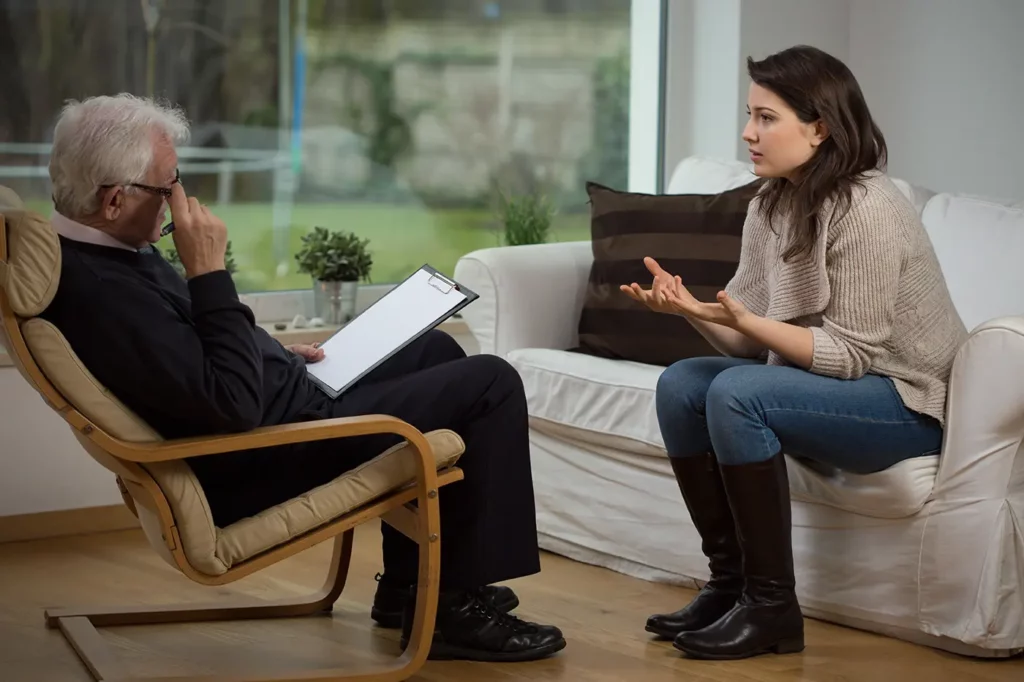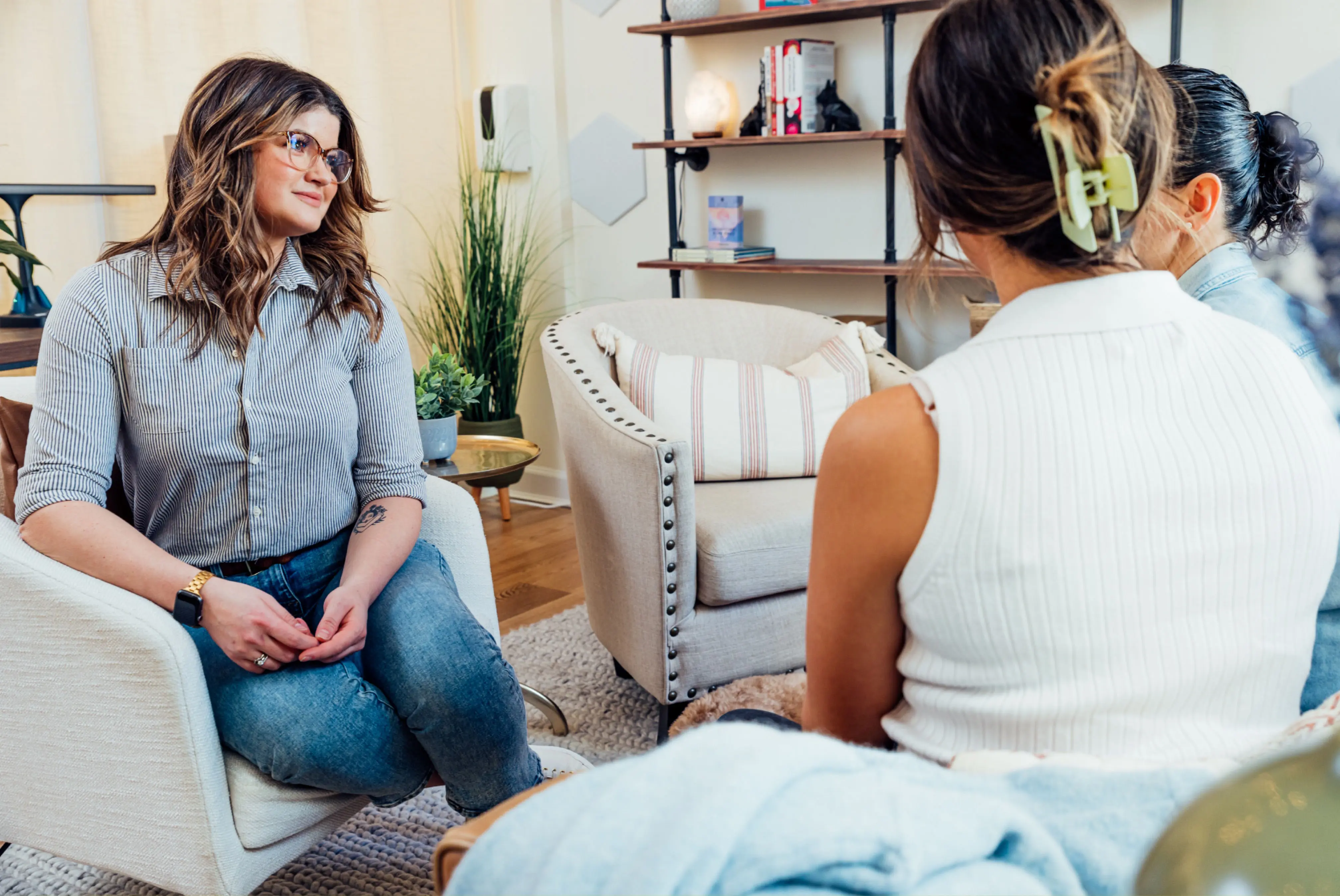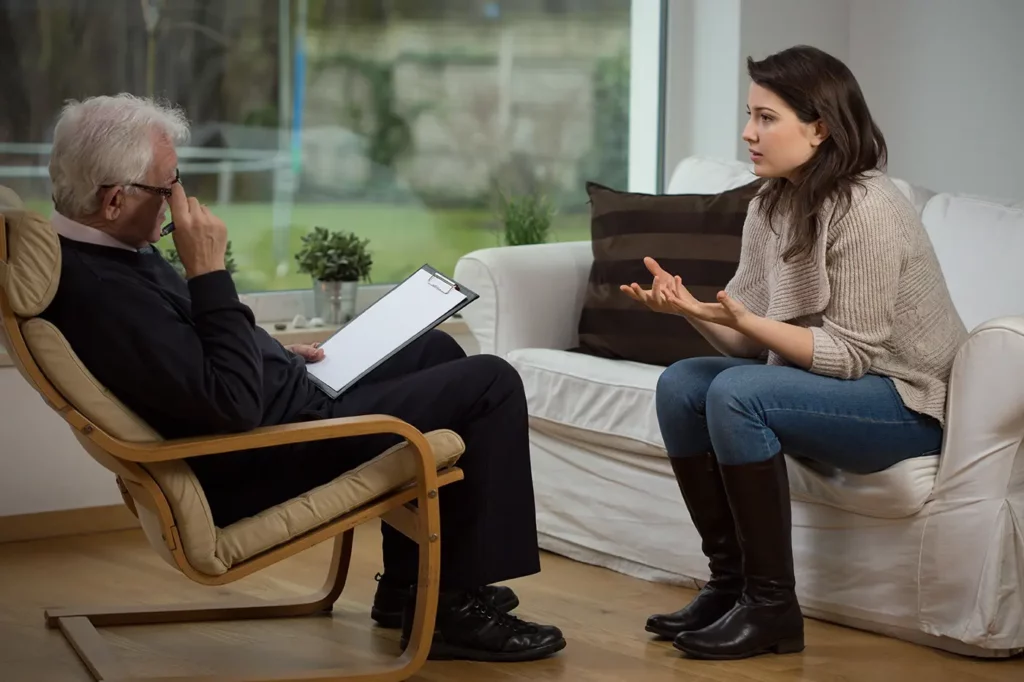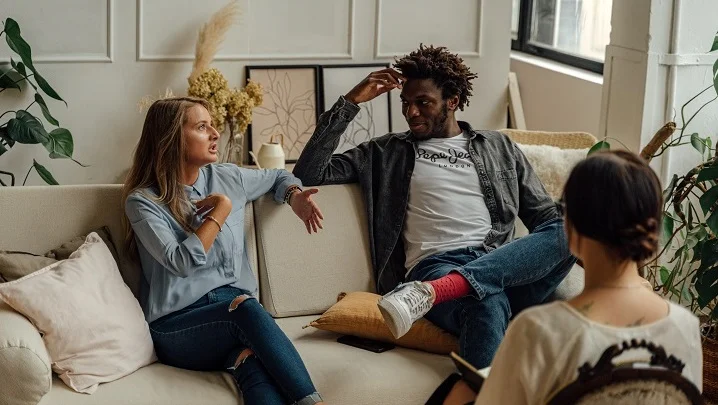24/7 Helpline:
(866) 899-221924/7 Helpline:
(866) 899-2219
Learn more about Pet friendly Rehab centers in Marion County

Other Insurance Options

UnitedHealth Group

Covered California

Lucent

Health Partners

Health Choice

Carleon

Oxford

Magellan

Sliding scale payment assistance

UMR

GEHA

Access to Recovery (ATR) Voucher

EmblemHealth

Absolute Total Care

Molina Healthcare

Sutter

Cigna

Magellan Health

Ambetter

Health Net







































